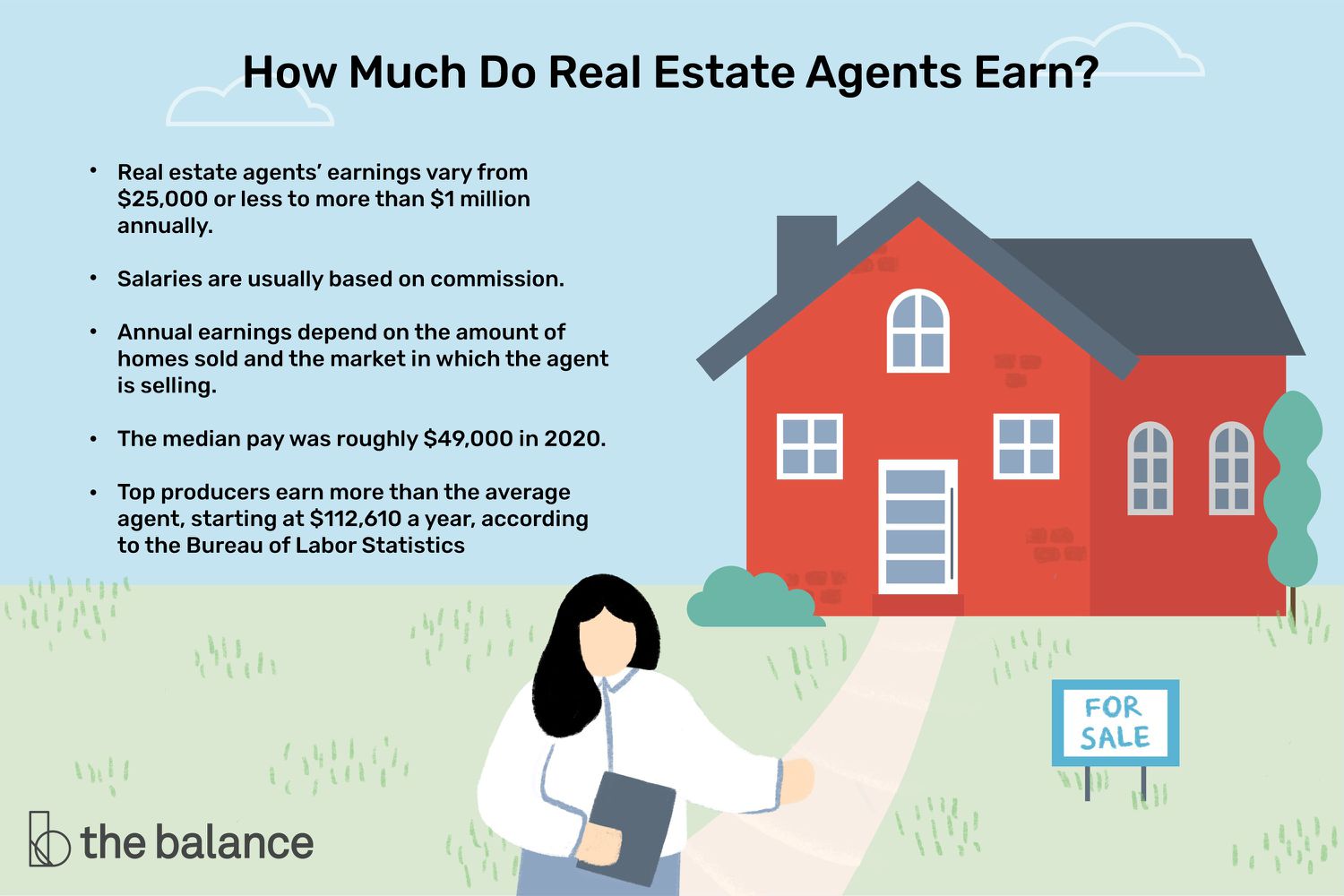
These are some great tips for maximising your investment in real estate. Learn more about which types of properties are available for investment. The article will also cover the importance of location, asset protection, and refinancing existing properties. You can then take advantage these tips to increase your investment success. This article will prove especially helpful if you're a first investor or are looking to purchase multiple properties.
Investment properties
What makes investment properties suitable for real estate investors attractive? The answer will depend on your personal goals and the market where you live. It also depends on how you invest. There is no definitive answer to these questions. Therefore, it is important that you weigh the pros and disadvantages of each investment option. The location is important as well. Investors in "up-and coming" markets may be more interested vacant land investments, while investors in "mature markets" may be more attracted to residential properties.

Asset protection
You have a number of options to protect your assets when you are serious about investing in real property. Many real estate investors opt for landlord insurance and low-interest debt. But, if you're serious about investing in real estate, an LLC or trust could be a good option to increase your asset security. Be sure to take into account how much equity has been built up on your properties. Your goals, risk tolerance, and investments will all play a role in the choice of strategy.
Lage
Real estate investing is all about location. The area you choose to buy your property will have a significant impact on your return on investment. Although cheaper properties are not as profitable as more expensive properties, it is important to take into account the neighborhood. Some areas are flourishing while others are not the best investments. If you are unsure whether the property is right for your needs, take into account the area's affordability. Before making a final decision, make sure you thoroughly inspect the property.
Refinance existing properties
Real-estate investors can refinance existing properties to get lower interest rates and lower monthly payments. This will allow them to maximize their investment. Refinancing your existing properties allows you to use the equity built in the property to improve it or to finance other investment properties. Refinances can also be eligible for tax deductions. This is a great option to consider for investors. However, it involves several steps. Here's how you get started.

Manage your own portfolio
There are many choices to be made when you start your own real estate portfolio. Your goals and your risk tolerance will determine the appropriate asset allocation. You will need to take greater risks if you want higher returns. However, investors who are looking to earn a steady and predictable income will choose to invest in safer assets. A greater tolerance for risk will lead to a more aggressive investment portfolio in real estate. But how do you know which investments are best?
FAQ
How much does it cost for windows to be replaced?
Replacing windows costs between $1,500-$3,000 per window. The exact size, style, brand, and cost of all windows replacement will vary depending on what you choose.
What amount of money can I get for my house?
This varies greatly based on several factors, such as the condition of your home and the amount of time it has been on the market. Zillow.com shows that the average home sells for $203,000 in the US. This
What should you think about when investing in real property?
The first step is to make sure you have enough money to buy real estate. If you don’t save enough money, you will have to borrow money at a bank. Aside from making sure that you aren't in debt, it is also important to know that defaulting on a loan will result in you not being able to repay the amount you borrowed.
You also need to make sure that you know how much you can spend on an investment property each month. This amount must include all expenses associated with owning the property such as mortgage payments, insurance, maintenance, and taxes.
Finally, ensure the safety of your area before you buy an investment property. It is best to live elsewhere while you look at properties.
How do I calculate my rate of interest?
Market conditions influence the market and interest rates can change daily. The average interest rate for the past week was 4.39%. Divide the length of your loan by the interest rates to calculate your interest rate. For example: If you finance $200,000 over 20 year at 5% per annum, your interest rates are 0.05 x 20% 1% which equals ten base points.
Statistics
- Over the past year, mortgage rates have hovered between 3.9 and 4.5 percent—a less significant increase. (fortunebuilders.com)
- Some experts hypothesize that rates will hit five percent by the second half of 2018, but there has been no official confirmation one way or the other. (fortunebuilders.com)
- It's possible to get approved for an FHA loan with a credit score as low as 580 and a down payment of 3.5% or a credit score as low as 500 and a 10% down payment.5 Specialty mortgage loans are loans that don't fit into the conventional or FHA loan categories. (investopedia.com)
- This means that all of your housing-related expenses each month do not exceed 43% of your monthly income. (fortunebuilders.com)
- Private mortgage insurance may be required for conventional loans when the borrower puts less than 20% down.4 FHA loans are mortgage loans issued by private lenders and backed by the federal government. (investopedia.com)
External Links
How To
How to manage a rental property
It can be a great way for you to make extra income, but there are many things to consider before you rent your house. We will show you how to manage a rental home, and what you should consider before you rent it.
Here are some things you should know if you're thinking of renting your house.
-
What factors should I first consider? You need to assess your finances before renting out your home. You may not be financially able to rent out your house to someone else if you have credit card debts or mortgage payments. Check your budget. If your monthly expenses are not covered by your rent, utilities and insurance, it is a sign that you need to reevaluate your finances. You might find it not worth it.
-
How much will it cost to rent my house? There are many factors that influence the price you might charge for renting out your home. These include things like location, size, features, condition, and even the season. Remember that prices can vary depending on where your live so you shouldn't expect to receive the same rate anywhere. The average market price for renting a one-bedroom flat in London is PS1,400 per month, according to Rightmove. This means that your home would be worth around PS2,800 per annum if it was rented out completely. Although this is quite a high income, you can probably make a lot more if you rent out a smaller portion of your home.
-
Is it worth the risk? It's always risky to try something new. But if it gives you extra income, why not? Be sure to fully understand what you are signing before you sign anything. Not only will you be spending more time away than your family, but you will also have to maintain the property, pay for repairs and keep it clean. Before you sign up, make sure to thoroughly consider all of these points.
-
Are there benefits? It's clear that renting out your home is expensive. But, you want to look at the potential benefits. You have many options to rent your house: you can pay off debt, invest in vacations, save for rainy days, or simply relax from the hustle and bustle of your daily life. Whatever you choose, it's likely to be better than working every day. You could make renting a part-time job if you plan ahead.
-
How do I find tenants? After you have decided to rent your property, you will need to properly advertise it. Listing your property online through websites like Rightmove or Zoopla is a good place to start. Once potential tenants contact you, you'll need to arrange an interview. This will help you evaluate their suitability as well as ensure that they are financially secure enough to live in your home.
-
How can I make sure I'm covered? If you don't want to leave your home empty, make sure that you have insurance against fire, theft and damage. In order to protect your home, you will need to either insure it through your landlord or directly with an insured. Your landlord will typically require you to add them in as additional insured. This covers damages to your property that occur while you aren't there. This doesn't apply to if you live abroad or if the landlord isn’t registered with UK insurances. In these cases, you'll need an international insurer to register.
-
Sometimes it can feel as though you don’t have the money to spend all day looking at tenants, especially if there are no other jobs. Your property should be advertised with professionalism. It is important to create a professional website and place ads online. A complete application form will be required and references must be provided. While some people prefer to handle everything themselves, others hire agents who can take care of most of the legwork. In either case, be prepared to answer any questions that may arise during interviews.
-
What happens once I find my tenant You will need to notify your tenant about any changes you make, such as changing moving dates, if you have a lease. You can negotiate details such as the deposit and length of stay. Remember that even though you will be paid at the end of your tenancy, you still have to pay utilities.
-
How do I collect rent? When the time comes to collect the rent, you'll need to check whether your tenant has paid up. You will need to remind your tenant of their obligations if they don't pay. You can deduct any outstanding payments from future rents before sending them a final bill. You can call the police if you are having trouble getting hold of your tenant. They will not usually evict someone unless they have a breached the contract. But, they can issue a warrant if necessary.
-
What are the best ways to avoid problems? Renting out your house can make you a lot of money, but it's also important to stay safe. Install smoke alarms, carbon monoxide detectors, and security cameras. Also, make sure you check with your neighbors to see if they allow you to leave your home unlocked at night. You also need adequate insurance. Do not let strangers in your home, even though they may be moving in next to you.